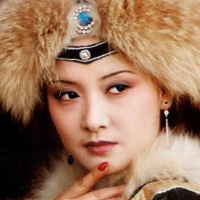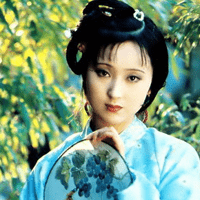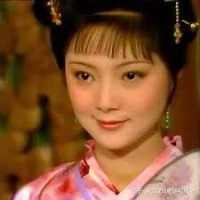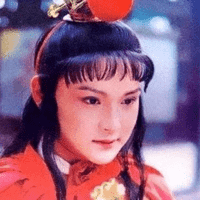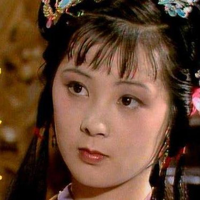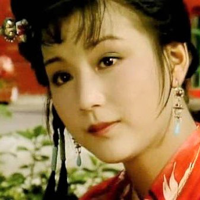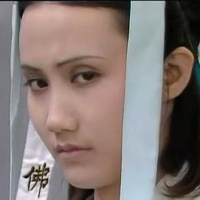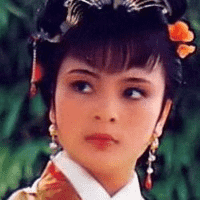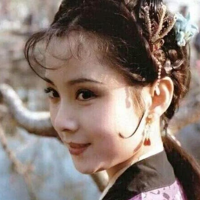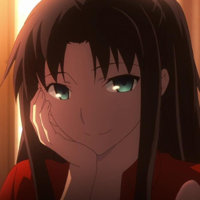Wang Xifeng tipo de personalidade mbti
Personalidade
"Que tipo de personalidade é Wang Xifeng? Wang Xifeng é um tipo de personalidade ESTJ em mbti, 3w2 - so/sp - 368 em enneagram, SCOEN em Big 5, LSE em sociônicos."
Am so far seeing copious amounts of Te in her, definitely seems to be her dominant function. Essentially volunteers on her accord to rule over the Ning mansion after Keqing's death in order to assert her competence, which is some major Te shenanigans right there. Auxiliary function is probably Si, given that Keqing (in Xifeng's dream) gave mostly Ni advice for managing their family, hence this could indicate Ni doesn't come naturally to Xifeng herself and is more of a blindspot in her subconscious. Alternatively, since Keqing in Xifeng's dream was essentially equivalent to the 2-in-1 that Baoyu met in the Land of the Illusory Void, this could further corroborate Xifeng having naturally weaker Ni, since it would be then logical to assume that the goddesses sent Xifeng there in her dream as well in order to talk some wisdom/sense into Xifeng (mostly related to the Ni that she probably lacks). Will update when I read more though. Don't spoil please. EDIT: We get to see Xifeng's thought process upon setting foot in the Ning house at the end of Chapter 13, immediately thinking about how to stabilize things and maintain order with the servants there. This definitely further corroborates Si, since Te-Si in particular loves being methodological and fine-tuning the details.
Biografia
Wang Xifeng is one of the principal characters in the classic Chinese novel Dream of the Red Chamber. She came from one of the Four Great Families, the Wang, and is known for her wit and intelligence, her vivacious manner, her great beauty, her multiple-faced personality and her fierce sense of fidelity. Her family had great faith in her and brought her up as a boy; in fact, the name “Xifeng” is considered masculine in her era. This accounts for her self-assuredness and straightforward ways, characteristics that do not quite fit with the traditional female role at the time.
